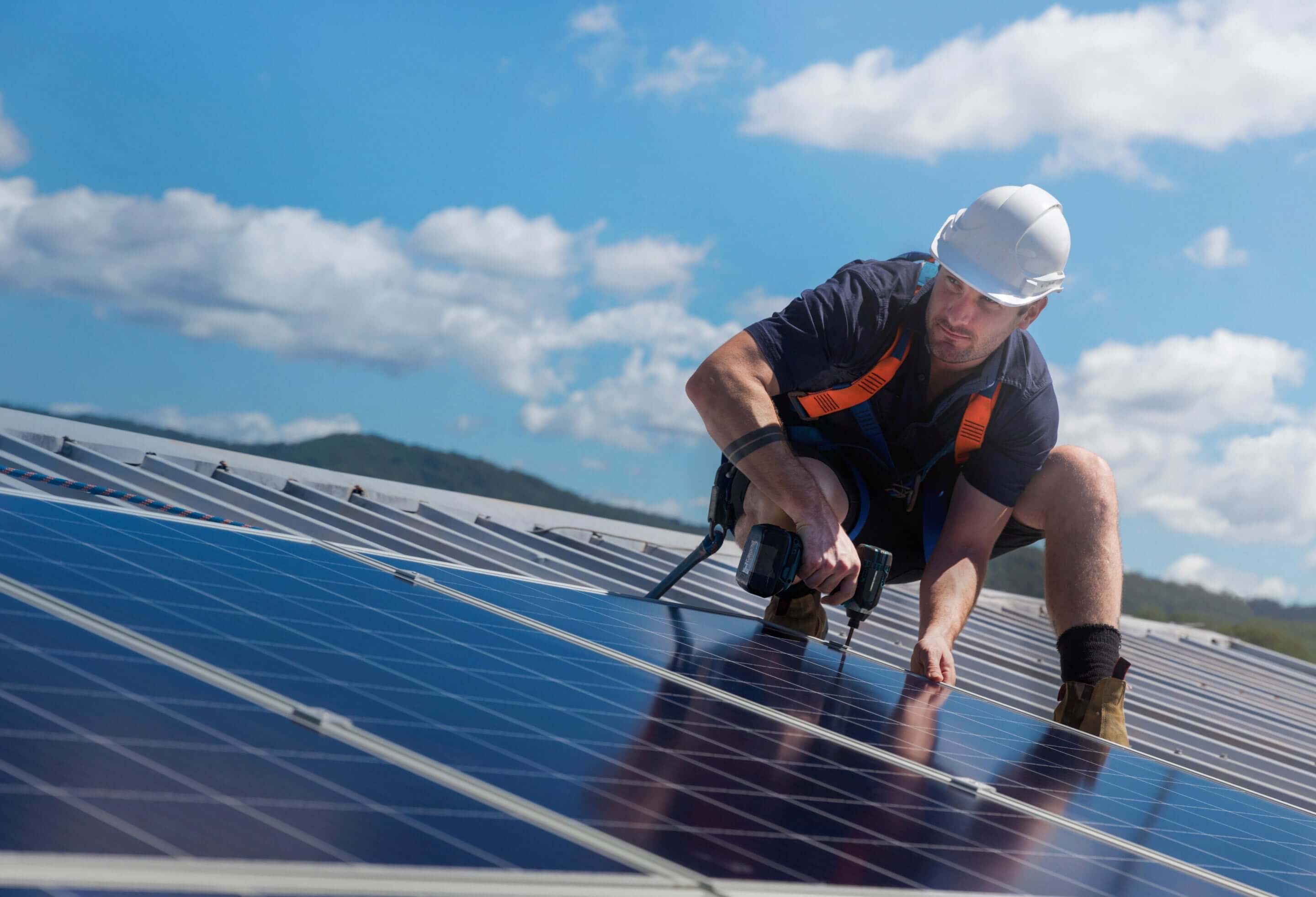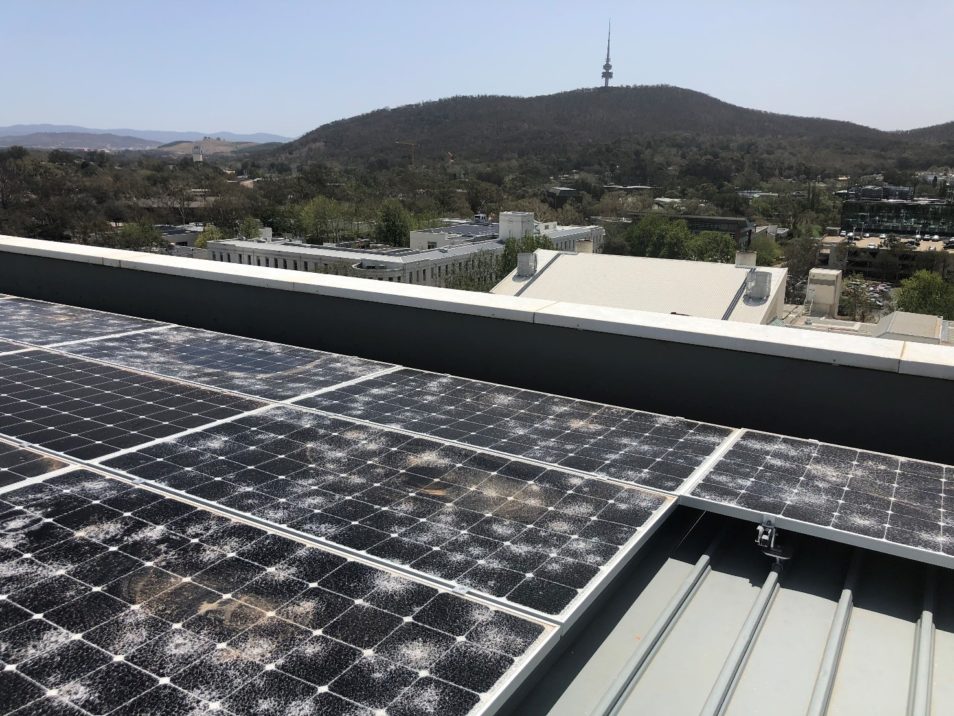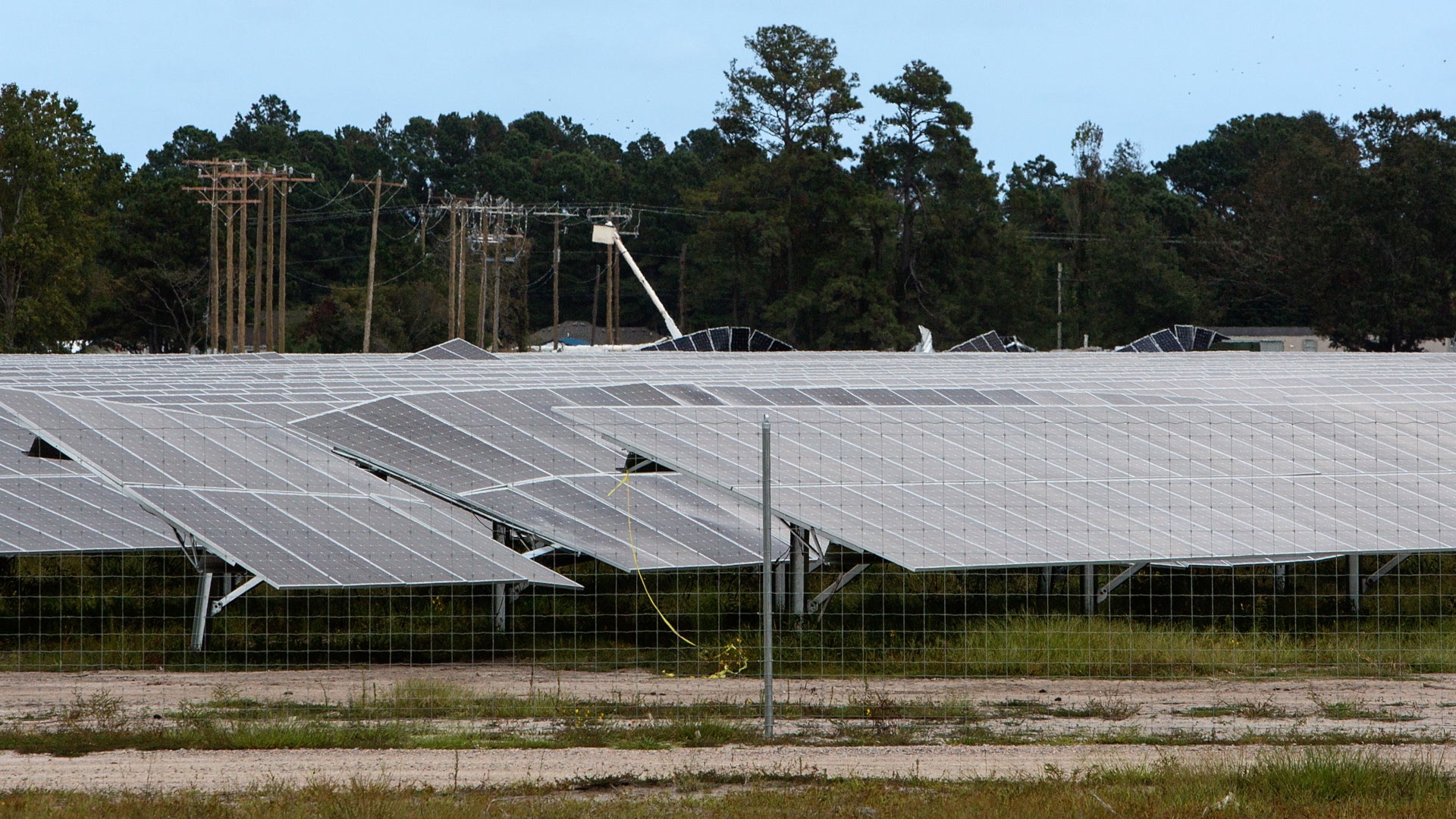There are several cases where solar panel systems came out almost completely damage free after huge hurricanes like hurricane harvey and irma as well as other severe storms including a hail storm in the denver area that only damaged one out of 3 000 solar panels.
Do solar panels break in hail storms.
A solar module or panel that is installed properly and tilted to face south should never break from hail.
Generally solar panels can endure hailstones up to one inch in size 25mm at a falling speed of 50 miles per hour.
The larger panels being used now have a larger area of unsupported glass which makes them more susceptible to shattering.
In the last 7 years i d guess we ve replaced 10 panels due to hail shattering the glass.
Can solar panels be damaged by hail.
Back in 2011 the smaller 200w panels were the go.
Up until a couple weeks ago we would tell people we ve never seen a solar module panel being damaged from hail.
When hail hits the protective housing of the solar cell the ice will break into chunks or bounce off of your roof.
The answer is yes.
Solar cells will help deflect hail because of the protective housing on the solar cells the portion of your roof covered by solar cells will be protected from hail damage.
Many solar electric modules and.
In most cases solar panels are tested and certified to withstand hail of up to 25 mm one inch falling at 23 meters per second approximately 50 miles per hour.
Tall trees near the rooftop installations can cause breakage when the branches fall directly over the panels.
The national renewable energy laboratory nrel researchers also work diligently to develop quality tests to ensure that solar panels will survive harsh weather like in a hailstorm 3 and not just in the wet or rainy seasons.
Unusually large hail storms can indeed damage solar panels but solar panels are designed and engineered to generally withstand hail the size of golf balls or smaller.
In fact manufacturers actually test their solar panels to ensure that hail storms won t be an issue.
While hail certainly could damage some types of solar panels the likelihood is very small and occurrences are extremely rare.



























